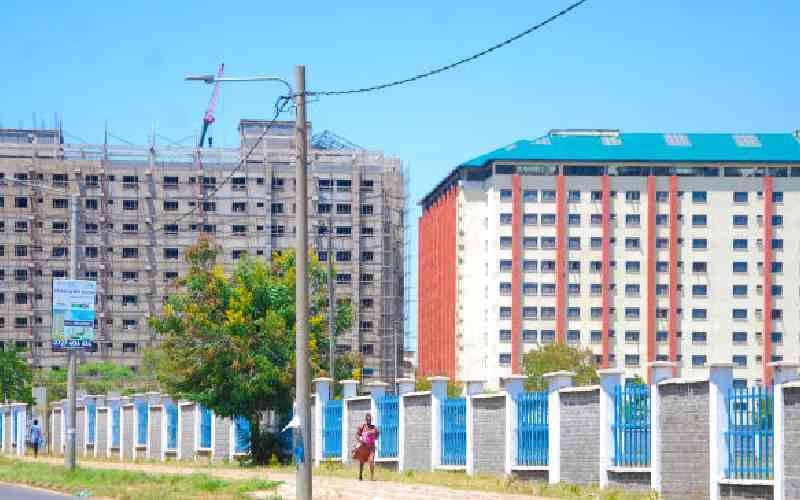×
The Standard e-Paper
Stay Informed, Even Offline

Last week, Kenya hosted the inaugural Germany-African Business Summit, a forum that is the brainchild of Germany, the fourth-largest economy in the world and the biggest one in Europe.







